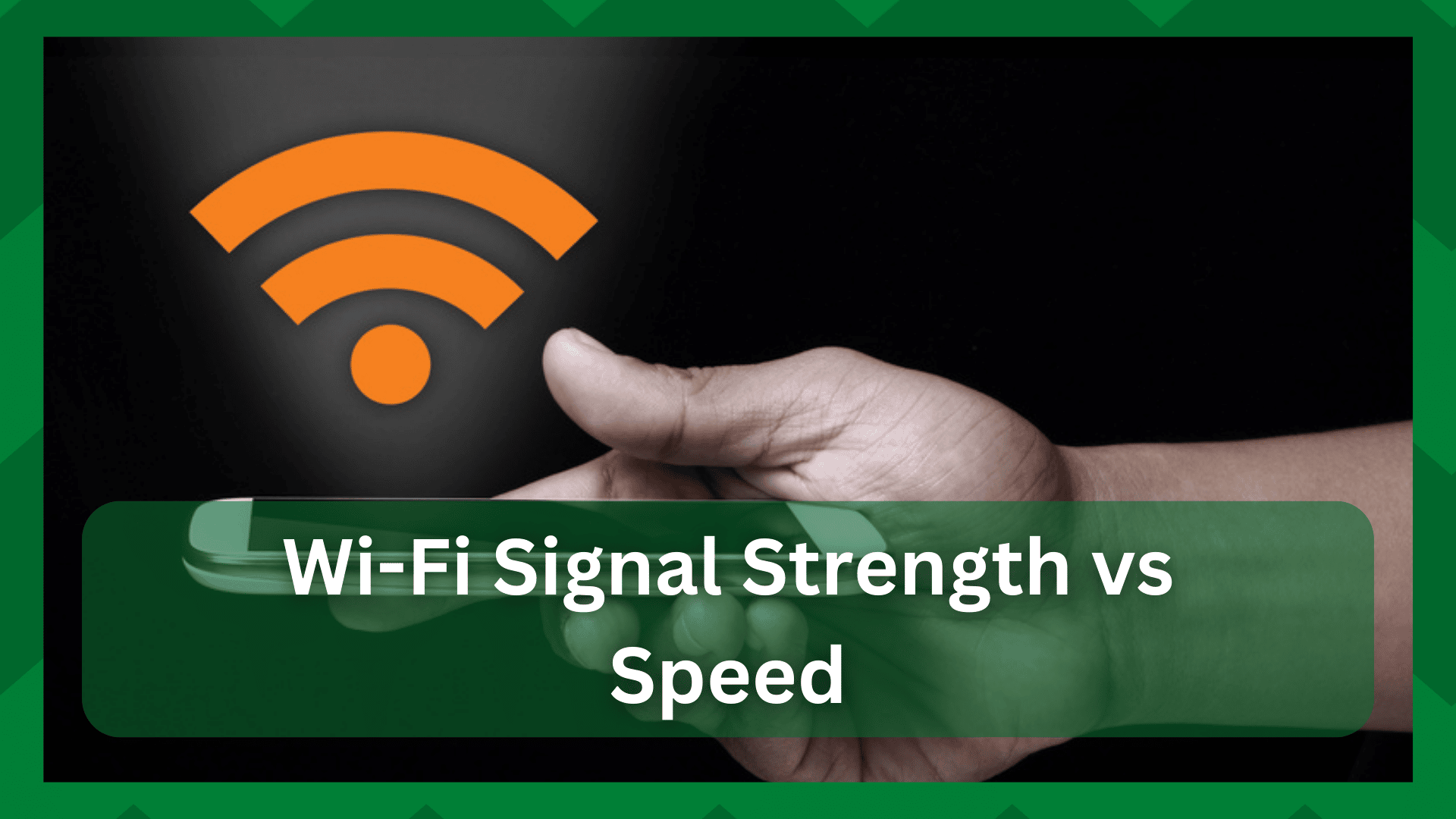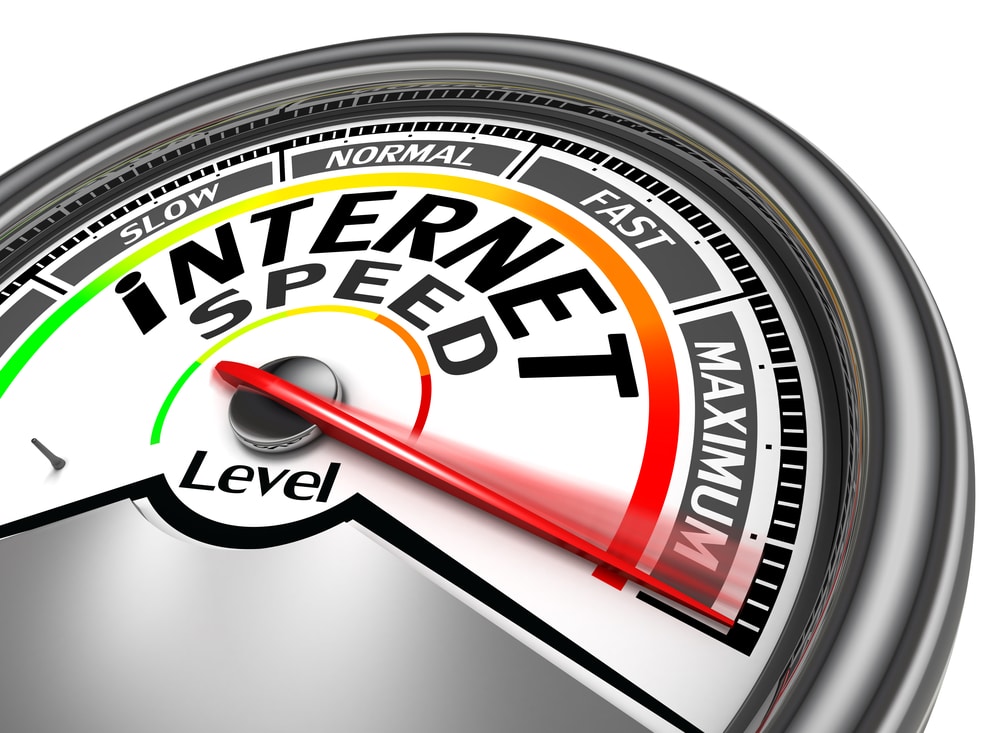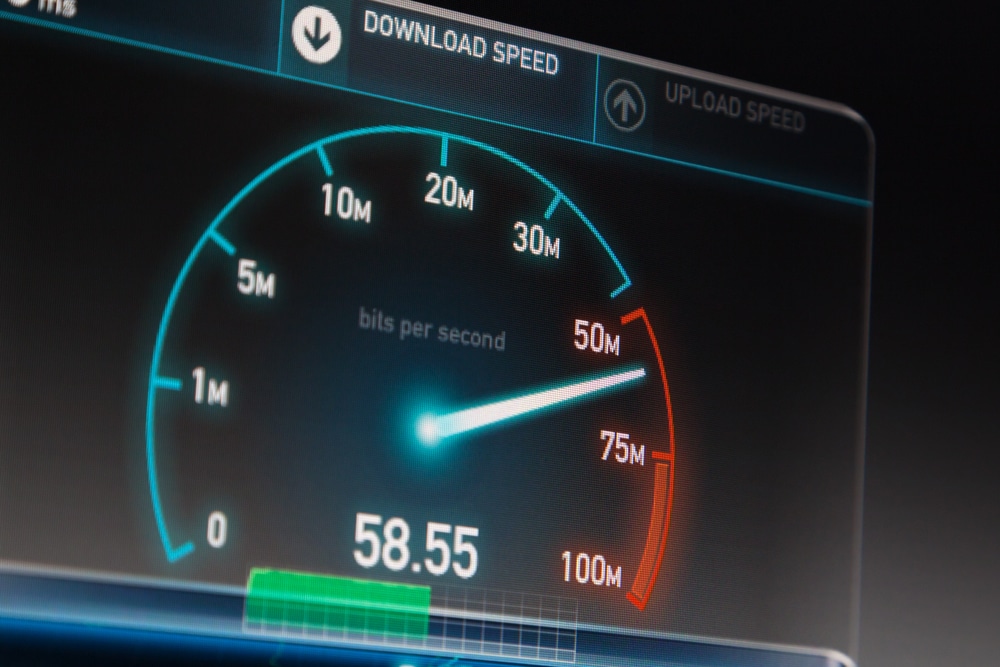
The internet is a part of everyone’s life. It would be absurd to claim that you have not yet experienced networking because you have connected to a network via any device.
Even if you have been using the internet for a long time and have done things like emailing, playing games, streaming, documenting, and so on, can you claim to understand the basic terminologies we use unintentionally when communicating about internet topics?
You are looking for the best internet performance, but are you aware of the technology that makes it so? Or how and why does an internet service’s connectivity fluctuates and what factors influence it?
Wi-Fi Signal Strength vs Speed:
Understanding the internet is similar to comprehending a multilayered dish. Each layer contains something distinct but related to the internal layers.
However, when we talk about Wi-Fi performance, we usually refer to speed or signal strength.
We as low techs conventionally define speed as the number of megabytes (MBs) provided by the internet and signal strength as the power provided by your Wi-Fi device.
However, you are aware that these terms are not synonymous. Though they are interconnected, their dependencies are distinct. According to our findings, most users consider Wi-Fi speed and signal strength to be interchangeable terms.
We’re here to clear up any confusion and provide a general Wi-Fi signal strength vs speed comparison. So, if you wanted to investigate the performance of your Wi-Fi in greater depth, you’ve come to the right place.
In this article, we will look more closely at what these terms have in common and how they differ.
| Comparison | Wi-Fi Signal Strength | Wi-Fi Speed |
| Reference | Transmission rate or throughput | Response rate |
| Dependency | Adaptation algorithms | Coding or modulation schemes |
| Environmental dependency | yes | Partially |
| Transmission And Retrieval | Networking devices, routers modems, etc. | World wide web/ servers |
Wi-Fi Speed:
This is a term that is frequently used in networking. The internet’s “speed.” When you purchase an internet service, the first thing you want is a fast network.
Why do we associate speed with good or bad Wi-Fi performance? This is straightforward.
Your network’s speed is referred to as its “response time.” This is the amount of time it takes for the content to travel from the World Wide Web to your device.
The performance of your Wi-Fi is directly proportional to its speed. Assume we obtain a network that claims to provide 10MBps of speed. How can we tell if our internet service is capable or not?
As you can see, there is no correlation and interference of your network’s signal strength yet. This is solely determined by the time it takes your server to connect you or the WWW to your Wi-Fi-enabled device.
This can be easily checked using various internet speed tools, which can tell you how long it is currently taking your content or data to upload or download to the server.
If your speed is lower than what you were promised, you should investigate the strength of your Wi-Fi signal. Let us now examine why they are interconnected to provide you with optimal performance.
As previously stated, speed is the response time of your server. This means it can be changed, manipulated, or dependent on the coding and modulation schemes that your device’s transmitter has allowed.
The transmitter’s performance may now be affected by distance, interruption, interference, and other physical factors. If the transmitter receives better or worse RF signals, the speed of your Wi-Fi may suffer.
So faster internet means better transmitter and coding scheme compatibility, as well as relatively good signal strength.
Wi-Fi Signal Strength:
Now that you understand what we mean when we talk about network speed. Let us define the term “Wi-Fi signal strength.” Low-tech users commonly believe that good signal strength is required to achieve good speed.
This statement is only partially correct. This means that depending on the circumstances, signal strength can or cannot affect speed.
The “transmission rates” or “throughput” of your network are represented by signal strength, and the “response time” of your network is represented by Wi-Fi speed.
So when we talk about signal speed, we’re talking about data transfer on the physical layer. That is the internet and a Wi-Fi-enabled device.
There are numerous devices, such as routers, modems, extenders, APs, and so on, that deliver signals to your Wi-Fi-enabled devices and provide throughput rates for your device.
As a result, the higher the throughput rates, the better the internet service. Higher data transfer rates allow for higher MCS (modulation and coding scheme) rates.
However, one thing that must be understood is that as signal strength increases, so does the throughput. If your network provides 500Mbps on three strength bars, it can provide 560Mbps on four strength bars.
But the throughput cannot increase the maximum supported MCS rate. For example, if your internet claims to give you 960Mbps on a frequency band then it cannot exceed this MCS rate.
At this point even if the signal increases there will be no change in the actual throughput rates.
The influential factors are another factor that distinguishes Wi-Fi signal strength from Wi-Fi speed. When it comes to signals, environmental variables can cause a drop in throughput rates. Interference, bad weather, distance, radio frequencies, and so on.
Alternatively, if you are using a cable network (DSL, fiber), you may find yourself compromising on the overall rates if the cables are not performing well, are bent, or have any other physical factor that may affect their capability.
The Final Verdict:
Wi-Fi signal strength and Wi-Fi speed are partially related, but they are two distinct terms used to describe the performance of an internet service.
When we talk about speed, we mean performance, and when we talk about signal strength, we mean reliability with adaptive data.
Although both terms are related to the same domain, their dependencies may differ. Their schemes (coding, modulation, and so on) and adaptability are also distinct.
So, if you want to buy a Wi-Fi service that both performs well and is dependable, you know what to look for.


